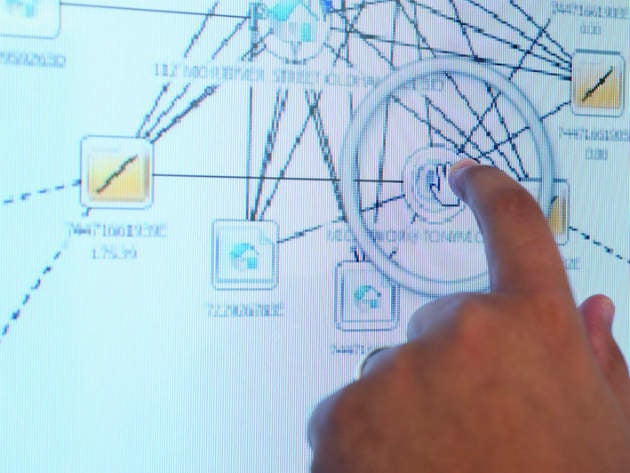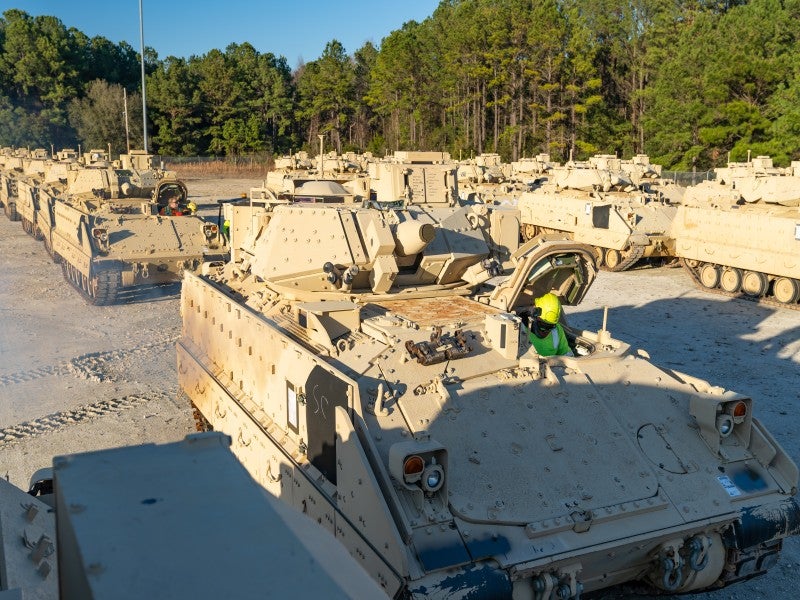

The UK Ministry of Defence (MoD) is in the process of recruiting hundreds of computer experts as cyber reservists to help defend the UK’s national security, working at the cutting edge of the nation’s cyber defences.
MoD prime contractors such as BAE Systems are also taking up the challenge. BAE Systems offers a range of solutions for cyber security, including threat analytics, managed security services, fraud prevention and anti-money laundering compliance. Perhaps more importantly, the company is also strongly involved in ensuring that the UK has enough qualified people coming up through its ranks to take up the cyber defence challenge as it develops.
In December 2016 the company announced that one third of the 235 graduates to be recruited to work across the company’s UK business in 2017 would be working within its cyber security business. Claire Apthorp caught up with BAE’s head of global talent Christina Kimberley to find out more about the recruitment effort and the need to increase cyber skills in the British defence sector.
Claire Apthorp: What is driving BAE’s move to increase the number of cyber security graduates it is taking in 2017?
Christina Kimberley: The challenge for businesses is to stay ahead of the game in a constantly evolving landscape. The criminals behind cyber attacks are constantly evolving their methods and testing the defences of businesses to identify a weakness and take advantage. It is therefore vital that we plan for the future skills requirements of the cyber sector today.
At BAE Systems, we will be recruiting 80 additional cyber graduates this year and are also working with CyLon, a cyber technology start-up accelerator, to grow the cyber economy across the supply chain. The recently formed National Cyber Security Centre will also play an important role in driving innovation and cultivating the right skills to allow the UK government and businesses alike to address a growing challenge.
How well do you really know your competitors?
Access the most comprehensive Company Profiles on the market, powered by GlobalData. Save hours of research. Gain competitive edge.

Thank you!
Your download email will arrive shortly
Not ready to buy yet? Download a free sample
We are confident about the unique quality of our Company Profiles. However, we want you to make the most beneficial decision for your business, so we offer a free sample that you can download by submitting the below form
By GlobalDataCA: What kind of work can cyber recruits expect to carry out as part of their roles in the Applied Intelligence business?
CK: As a graduate in BAE Systems Applied Intelligence, new recruits have the opportunity to enter one of three roles within our business: graduate consultant, graduate engineer and delivery management graduate.
Our graduate consultants are often the bridge between the business and the technical delivery teams and operate across the full length of the project lifecycle; from helping to identify the problem and defining the solution, to implementing and managing the change required for our clients to reach their goals.
Our graduate engineers work as a part of a project team, alongside skilled and experienced individuals. Graduate engineers will be placed into a number of disciplines within the business depending on background and aspirations, including engineering management, software engineering, application support and maintenance, systems engineering and architecture, physical science and technology and infrastructure engineering.
The role of a delivery management graduate is to successfully deliver a mixture of business and technical projects, programmes and IT services. These graduates will be challenged with successfully delivering various projects, ensuring that high quality planning, control and assurance practices are followed on all aspects of delivery.
CA: Are there enough graduates interested in this type of work?
CK: The significant global rise in cyber crime requires all organisations to recruit the best and brightest cyber security talent. There is a recognised cyber skills shortage resulting in a lack of critical skills entering the employment market, and for us it is vital to ensure we are hiring the right people to help us help our customers defend against cyber attacks. As in the business world, in academia it is a significant challenge to keep up with the changing technology landscape. As such, technical skills often listed on a candidate’s CV are theory or legacy based; to counter this we look for graduates who are able to adapt quickly to the changing landscape and pick up additional technical skills.
CA: Is BAE involved at the university level in getting young people interested in the field?
CK: Yes, very. We have strong relationships with universities and run regular cyber ‘Capture the Flag’ competitions as well as supporting the Cyber Security Challenge events, through sponsorship, attendance and running our own challenge. We also run an annual summer internship programme where we hire around fifty undergraduates into cyber related roles. The interns are put on real projects for real clients within national security, government, law enforcement and enterprise services.
CA: How can cyber graduates expect to be mentored and supported as they enter the workplace at BAE Systems?
CK: From day one, graduates get their own personal career manager/mentor, who will offer guidance and support throughout their career. once joined, they will work through our graduate development programme which consists of a set of five training modules which will identify specialties and interests to help develop towards a specialised career path.
CA: What programmes are in place to ensure graduates reach their potential with the company?
CK: Throughout time as a cyber graduate, there will be plenty of opportunities for structured development, a range of projects to get involved in, and the opportunity to attend regular events. Due to the nature of our business, we don’t have rigid role rotations. However grads are likely to get involved in several different projects to ensure skills are developed and enhanced.
Working as part of the Applied Intelligence business, these graduates will help sustain BAE Systems’ pipeline of talent and will play a vital role in developing, building and supporting the cutting-edge products that will help safeguard national security for years to come.
And, critically, in addition to developing the products themselves, the recruits will form part of the wider UK sovereign bedrock of critical know-how that will better equip the country to face the cyber challenges of the decades ahead, keeping UK individuals, business and armed forces ahead of the threat.






